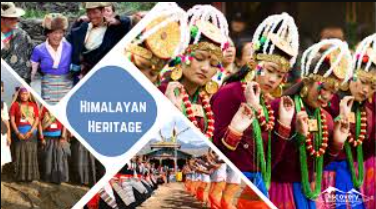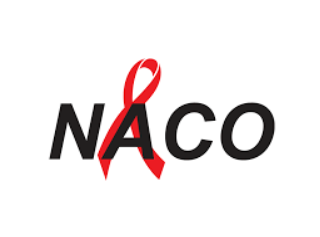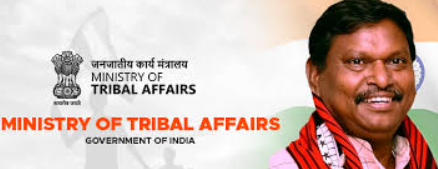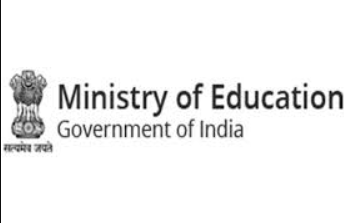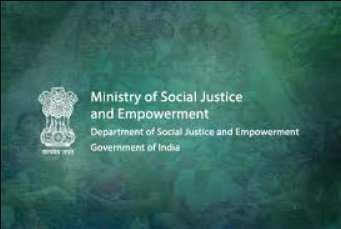
Objective of the Scheme
The main objective of the Scheme is to assist needy disabled persons in procuring durable, sophisticated, and scientifically manufactured modern standard aids and appliances that promote their physical, social, and psychological rehabilitation. These aids and appliances must comply with ISI standards to reduce the effects of disabilities and enhance the economic potential of the beneficiaries.
Financial Assistance
The quantum of assistance and income limit under the ADIP scheme is as follows:
- Cost of the aid/appliance up to Rs. 15,000: Full cost of aid/appliance
- Cost of the aid/appliance from Rs. 15,001 to Rs. 30,000 per month: Financial assistance up to Rs. 15,000
- Expensive items costing above Rs. 30,001 (except Cochlear Implant and Motorized Tricycle): 50% of the cost
The scheme is implemented through various agencies such as NGOs, National Institutes under the Ministry, and ALIMCO (a PSU).
Eligibility of Implementing Agencies
The following agencies are eligible to implement the Scheme on behalf of the Ministry of Social Justice and Empowerment:
- Societies registered under the Societies Registration Act, 1860, and their branches, if any, separately.
- Registered charitable trusts.
- District Rural Development Agencies, Indian Red Cross Societies, and other autonomous bodies headed by District Collector/Chief Executive Officer/District Development Officer of Zilla Parishad.
- National/Apex Institutes, including ALIMCO, functioning under the administrative control of the Ministry of Social Justice and Empowerment/Ministry of Health and Family Welfare.
- State Handicapped Development Corporations.
- Local bodies, including Zilla Parishad, Municipalities, District Autonomous Development Councils, and Panchayats.
- Nehru Yuvak Kendras.
Conditions for NGOs
- NGOs should preferably have professional/technical expertise with qualified staff for identifying, prescribing, fitting, and providing post-fitment care of aids/appliances.
- NGOs should preferably have the infrastructure for fabrication, fitting, and maintenance of aids/appliances.
- Implementing organizations should network with medical colleges, district hospitals, rural hospitals, PHCs, fitment centers of ALIMCO/DRCs, and other professionally competent agencies for fitment and maintenance of aids/appliances.
- National Institutes, ALIMCO fitment centers, and DDRCs under the Ministry's administrative control will assist DRDAs and other autonomous organizations in developing the requisite manpower and infrastructure.
Assistance for Skill Development of OBCs/DNTs/EBCs
Objective: The scheme aims to improve the educational and socio-economic conditions of OBCs/DNTs/EBCs by upgrading their skills for income generation or employment.
Target Group and Eligibility Criteria: Beneficiaries whose parents' or guardians' income from all sources does not exceed Rs. 1 lakh per annum are eligible.
Scope: Assistance is provided to eligible voluntary organizations working for the welfare of OBCs/DNTs/EBCs.
Application Process: Eligible new NGOs seeking grants should apply to the National Backward Classes Finance Development and Corporation (NBCFDC) from the financial year 2017-18.
Free Coaching for SC and OBC Students
Objective: To provide good quality coaching for economically disadvantaged SC and OBC candidates to help them succeed in competitive exams and obtain jobs in the public or private sector.
Courses Covered:
- Group A and B exams conducted by UPSC, SSC, RRBs.
- Group A and B exams conducted by State Public Service Commissions.
- Officers' Grade exams conducted by banks, insurance companies, and PSUs.
- Premier entrance exams for engineering (e.g., IIT-JEE), medical, management (e.g., CAT), law (e.g., CLAT), and other professional courses.
- Job-oriented courses for employment in private sectors like IT, biotechnology, etc.
Implementing Agencies:
- Reputed institutions/centers run by the Central Government/State Governments/UT Administrations/PSUs/autonomous bodies.
- Universities (both Central and State, including private deemed universities).
- Registered private institutions/NGOs.
Deendayal Disabled Rehabilitation Scheme (DDRS)
Objectives:
- To create an enabling environment ensuring equal opportunities, equity, social justice, and empowerment of persons with disabilities.
- To encourage voluntary action for effective implementation of the People with Disabilities (Equal Opportunities and Protection of Rights) Act of 1995.
Approach and Strategy:
- Enhance educational opportunities and vocational/professional opportunities.
- Promote formal and non-formal employment opportunities.
- Implement outreach and Community Based Rehabilitation programs.
- Support manpower development, information dissemination, and resource centers.
- Promote self-help groups, parent organizations, and independent living.
- Encourage networking, coordination, and multi-sectoral linkages.
- Ensure protection of rights and legal literacy for persons with disabilities.
Grants-in-Aid to NGOs: Grants-in-aid are provided to NGOs for various projects, including vocational training centers, sheltered workshops, special schools, projects for cerebral palsied children, early intervention, home-based rehabilitation, rehabilitation of leprosy-cured persons, community-based rehabilitation, and others.
Grant-in-Aid to Voluntary Organizations working for Scheduled Castes
Objective: To involve the voluntary sector and training institutions to improve the educational and socio-economic conditions of Scheduled Castes, enabling them to start income-generating activities or gain employment.
Scope: The SHRESHTA scheme aims to provide seats for meritorious SC boys and girls in the best private residential schools in the country.
Financial Assistance:
- Tuition fee and residential charges subject to a ceiling of Rs. 75,000 per annum per student for classes 9 and 10.
- Rs. 1,25,000 per annum per student for classes 11 and 12.
Integrated Programme for Older Persons
Objective: Under the Atal Vayo Abhyuday Yojana, the scheme seeks to improve the quality of life of senior citizens by providing basic amenities, medical care, and opportunities for productive and active aging.
Scope: Assistance is provided for:
- Basic needs of older persons, including food, shelter, and healthcare.
- Strengthening intergenerational relationships.
- Encouraging active and productive aging.
- Institutional and non-institutional care/services.
- Research, advocacy, and awareness programs.
Financial Assistance: Up to 90% of the project cost will be provided by the Government of India, with the remaining borne by the organization.
Assistance to Voluntary Organizations for Prevention of Alcoholism and Substance (Drugs) Abuse and for Social Defence Services
Objective: To support the identification, counseling, treatment, and rehabilitation of addicts through voluntary and other eligible organizations.
Scope and Financial Assistance:
- Up to 90% of approved expenditure for setting up/running Integrated Rehabilitation Centers for Addicts (IRCAs), Regional Resource and Training Centres (RRTCs), awareness-cum-de-addiction camps, and Workplace Prevention Programmes.
- For North-Eastern States, Sikkim, and Jammu & Kashmir, the assistance is up to 95%.
General Grant-in-Aid Programme: To support initiatives of an innovative/pilot nature in welfare and empowerment of the Ministry’s target groups. Financial assistance is up to 90% of the approved expenditure, with up to 100% support in some cases for new areas with limited voluntary and government efforts.
Source: Ministry of Social Justice and Empowerment


